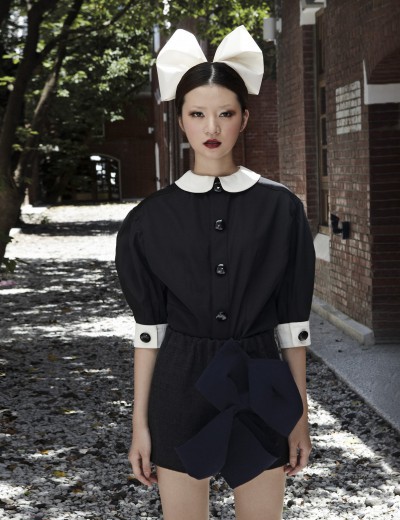
Lee Shou-Chih
About
Lee Shou-Chih (1937-2020) was a Taiwanese photographer and photojournalist. He was born in 1937 in Taipei, Taiwan, and grew up in a family of photographers. His father, Lee Ching-Chang, was a renowned photographer who taught him the basics of photography.
Lee Shou-Chih began his career as a freelance photographer in the 1950s and quickly gained recognition for his work. He documented the everyday life of Taiwan during this period, capturing images of people from all walks of life. His photographs were featured in magazines such as Life and Time, as well as in books such as The People of Taiwan (1962).
In the 1960s, Lee Shou-Chih began to focus on photojournalism and documentary photography. He traveled extensively throughout Asia to capture images of people living in poverty or facing political oppression. His work was published in newspapers and magazines around the world, including The New York Times and The Guardian.
In addition to his photographic work, Lee Shou-Chih also wrote several books about photography and its history. He was an advocate for freedom of expression through photography and often spoke out against censorship. In 2000, he received the Golden Tripod Award from the Government Information Office for his contributions to Taiwanese photography.
Lee Shou-Chih passed away on April 8th 2020 at the age of 83 after a long battle with cancer. His legacy lives on through his photographs which continue to inspire photographers around the world today.